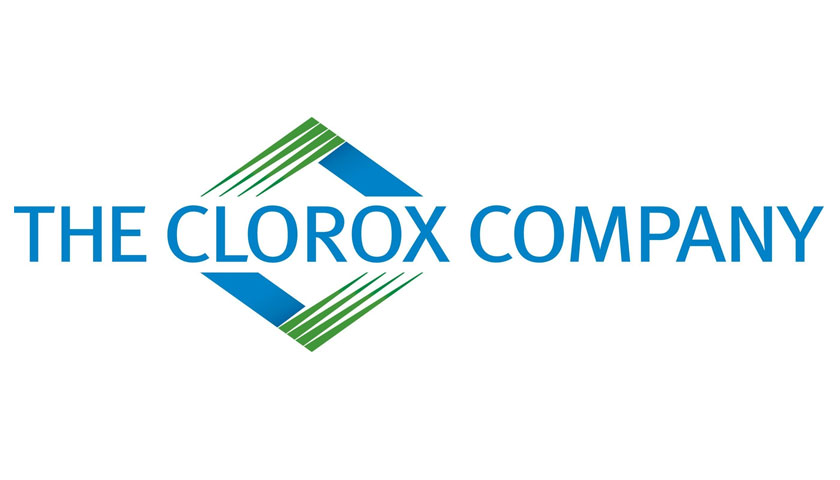The Clorox Company has joined the U.S. Plastics Pact, a collaborative, solutions-driven initiative rooted in four ambitious goals intended to drive significant systems change by unifying diverse cross-sector approaches, setting a national strategy and creating scalable solutions to create a path forward toward a circular economy for plastics in the United States by 2025. The first North American Pact of its kind, the U.S. Pact is a collaboration led by The Recycling Partnership, World Wildlife Fund (WWF) and Ellen MacArthur Foundation.
As part of the U.S. Pact, activators like Clorox recognize that significant, systemwide change is imperative to realize a circular economy for plastics. As such, the U.S. Pact will convene more than 60 brands, retailers, NGOs, and government agencies across the plastics value chain to bring one voice to U.S. packaging through coordinated initiatives and innovative solutions for rethinking products, packaging, and business models.
“Clorox’s participation in the U.S. Plastics Pact is a testament to our strong commitment to plastic and waste reduction – a critical part of our IGNITE strategy’s environmental, social and governance goals,” said Ed Huber, chief sustainability officer of The Clorox Company. “We look forward to working in collaboration with other like-minded organizations that have signed on to this partnership to help accelerate our collective vision to drive systematic change across the plastics value chain.”
As a founding activator of the U.S. Plastics Pact, Clorox has agreed to collectively work toward these four ambitious goals:
- Define a list of packaging to be designated as unnecessary by 2021 and take measures to address by 2025.
- By 2025, all plastic packaging is 100% reusable, recyclable, or compostable.
- By 2025, undertake ambitious actions to effectively recycle or compost 50% of plastic packaging.
- By 2025, the average recycled content or responsibly sourced bio-based content in plastic packaging will be 30%.
While the U.S. Pact is complementary to and follows the ambitious precedents set by the existing global network of Plastic Pacts, it will be tailored to meet the unique needs and challenges of the U.S. market. The Pact will reflect national priorities and realities, while still propelling the nation closer to other developed nations in its management of plastic waste.
“Together through the U.S. Plastics Pact, we will ignite system change to accelerate progress toward a circular economy,” says Sarah Dearman, vice president of circular ventures for The Recycling Partnership. “The U.S. Pact will accelerate systemwide change by inspiring and supporting upstream innovation through a coordinated national strategy, creating a unified framework and enabling members to accelerate progress toward our ambitious 2025 sustainability goals. Members’ full participation will be vital to reaching our shared goals.”
Achieving this vision will require new levels of accountability from all facets of the plastics supply chain. The U.S. Pact emphasizes measurable change and as such, Clorox is committed to transparent, annual reporting, guided by WWF’s ReSource: Plastic Footprint Tracker, which will be used to document annual progress against our four goals. The first task of the founding members of the U.S. Plastics Pact will be to establish a “roadmap” in Q1 2021 to identify key milestones and national solutions to achieving the U.S. targets and realize a circular economy in which plastic never becomes waste.
“The Pact has been established to deliver a step change toward a circular economy, enabling companies and governments in the U.S. to collectively meet impactful goals by 2025 that can’t be achieved alone,” said Jodi Russell, vice president, Research and Development — Cleaning innovation, packaging and sustainability for The Clorox Company. “Activators are all marching toward the same industry goals, consistent with Ellen MacArthur Foundation’s vision of a circular economy for plastic, which we incorporated into our IGNITE strategy ESG goals.”
In 2019 Clorox announced that it had become a signatory of the Ellen MacArthur Foundation’s New Plastics Economy Global Commitment. Joining the U.S. Plastics Pact will support a multi-stakeholder approach toward a common vision of a circular economy for plastics, as outlined by the Ellen MacArthur Foundation’s New Plastics Economy and in line with the company’s IGNITE ESG goals to reduce plastic and other waste.
Clorox has also pledged to continue the following initiatives as part of its signatory status in the New Plastics Economy Global Commitment:
- No polyvinyl chloride (PVC) in packaging.
- Pilot new business models and solutions which enable consumers to refill and reuse primary packaging, such as participation in TerraCycle’s Loop pilot program.

